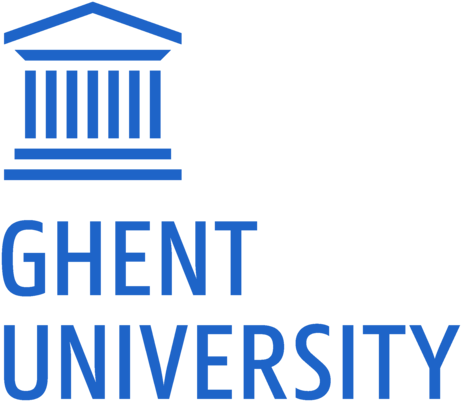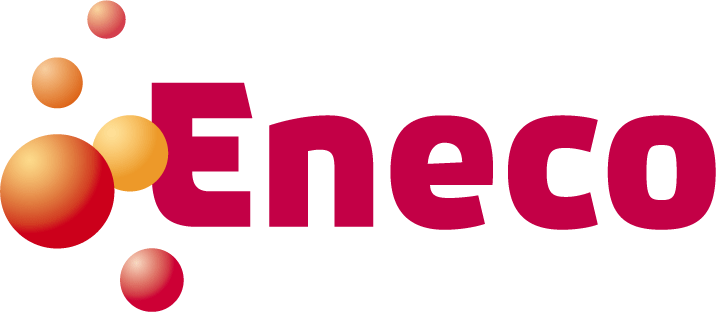The InterFlex project
Unlocking the barriers to accelerate and scale up residential flexibility in Belgium

| Partners: | Ghent University (coordinator), Ecopower, Eneco Belgium and re.alto |
| Period: | November 2023 — October 2026 |
| Funding: | The Energy Transition Fund of the Belgian federal government, managed by the FPS Economy |
Project goal
Flexible demand-side management has long been a reality in industry, making an increasingly important contribution to grid stability and security of supply. Distributed, residential flexibility, however, has a number of specific challenges that have so far remained unresolved. Given the limited impact of individual residential electric consumers, large numbers need to be aggregated. Compared to industrial applications, this increases the up-front installation cost and management complexity, while the yield margin per individual installation is very small. Reducing the complexity and installation cost of residential flexibility is therefore a key concern.
This project aims to significantly accelerate the uptake of residential electrical flexibility within the duration of the project by tackling these four challenges simultaneously. For this purpose, the project has a uniquely suitable consortium, in which academics (Ghent University), technology integrators (re.alto), renewable energy suppliers (Eneco) and energy communities (Ecopower) have found each other. Together, this consortium will design and field science-based energy management service models which will unlock more flexibility: more people signing up for residential flexibility services + more flexibility offered by those that have signed up.
Furthermore, this project wants to look beyond our borders to bring international insights to Belgium. Given the enormous potential benefits of exploiting the flexibility of residential assets, many efforts aimed at making this a reality are being undertaken simultaneously across Europe. Many kinds of research projects, pilots and demonstrations are being worked on internationally, by a variety of both public and private players. By collecting all the insights generated and lessons learned in other countries (about what works and what doesn’t), the scale-up of residential flexibility in Belgium can be significantly accelerated.




